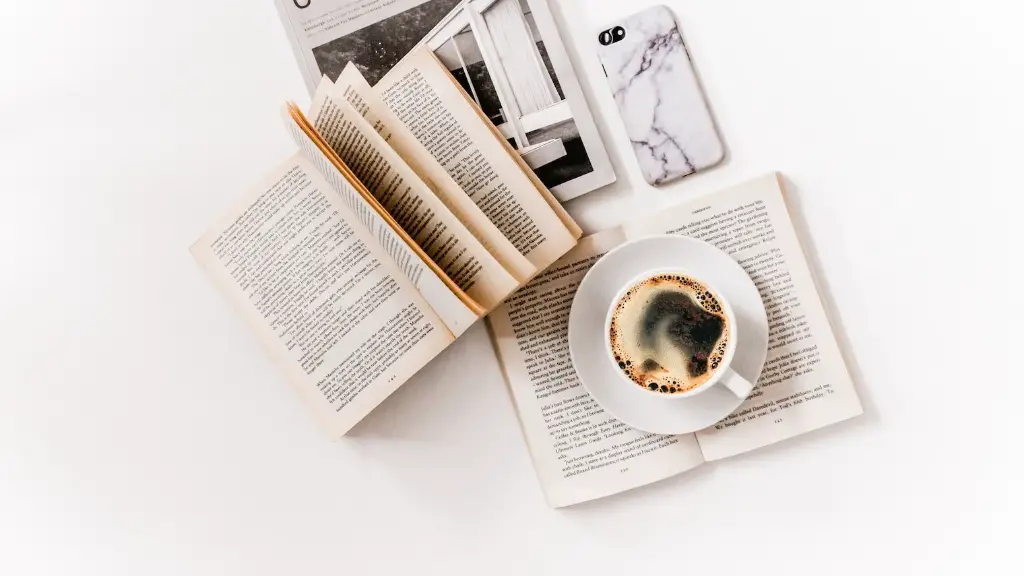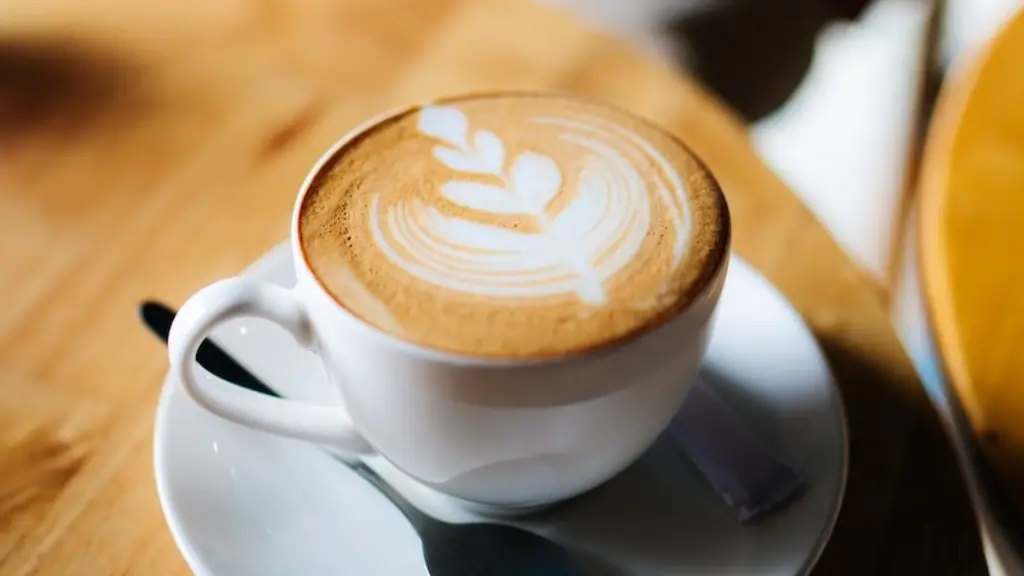Health Risks of Coffee on an Empty Stomach
Available in the form of fresh beans, grounds, brewed cups, or capsules, coffee is a beverage beloved by millions around the world. While it offers a burst of energy to jump-start your day, drinking coffee on an empty stomach may not be the best idea. This practice can bring about potential adverse health effects on your digestive system.
Acidic Effects
An empty stomach can increase the acidity in your body, making it a prime condition for ulcers and irritable bowel syndrome (IBS). To make matters worse, coffee often contains chlorogenic acid and caffeic acid, two compounds that can further worsen the current acidity situation within your body. To avoid this, if you must drink coffee on an empty stomach, try to have something acidic but low-calorie such as orange juice to balance it out.
Nutrient Absorption Issues
An empty stomach can cause coffee to interact with the proteins in your body and this can lead to indigestion and increase your risk for nutrition malabsorption. The effects of coffee on an empty stomach can affect your ability to absorb nutrients from other foods, making it harder for your body to get vitamins and minerals from other dietary sources. As such, it’s important to try and have some food in your stomach to counter this.
Digestive Issues
Drinking coffee on an empty stomach can also heighten the chances of constipation, diarrhea, and nausea. This is because when your stomach is empty, the acids from the coffee can irritate your digestive tract and cause the body to respond by tightening the muscles in the intestines, resulting in cramps and an upset stomach. Eating something small beforehand can help to prevent this.
Caffeine Dependency
Drinking coffee on an empty stomach can also increase your chances of caffeine dependency. Having a dose of caffeine on an empty stomach is not just hard on your stomach and digestive system, but it can also upset your natural circadian rhythm and make it more difficult to sleep later in the day. In addition, drinking too much caffeine can cause headaches, nervousness, and jitteriness.
Alternatives to Coffee
If drinking coffee on an empty stomach has become part of your daily routine and is hard to break, then perhaps considering alternatives to coffee can offer potential solutions. For example, trying a vegetable or green smoothie, a healthy juice or herbal tea, or even just a small snack to hold you over until your next meal can be a great way to provide the energy you need while avoiding the adverse effects of drinking coffee on an empty stomach.
When to Drink Coffee
If you’re not too fond of alternatives to coffee, then the best option would be to wait until after you have eaten before having any coffee. As long as you wait at least an hour or two afterwards, then you will be good to go. Furthermore, you could use caffeine for a needed energy boost during the day, but try to avoid having any late at night as this can disrupt your sleep cycle.
The Most Optimal Time for Coffee Drinkers
Experts recommend that the best time to drink coffee is between 10-11am as this has been found to be when our body is at its most alert and energy-efficient, allowing us to better benefit from the effects of the caffeine. Furthermore, drinking coffee after meals can also help to improve the metabolism, reduce anxiety and headaches, and has also been shown to reduce the production of stomach acid.
Coffee Consumption in Moderation
While coffee can be a great way to brighten up a gloomy day, it’s important to remember to practice moderation when drinking coffee. Drinking coffee on an empty stomach should be avoided as it can cause numerous digestive issues and disrupt a person’s natural circadian rhythm. Instead, if you must drink coffee on an empty stomach, try to have something acidic but low-calorie such as orange juice to balance it out.
Experts Opinion On Drinking Coffee On An Empty Stomach
Experts generally advise against drinking coffee on an empty stomach as it can cause digestive problems, impede nutrient intake, and can increase the risks of caffeine dependency. Instead, they recommend having a light snack or something acidic such as orange juice beforehand. Furthermore, the best time to drink coffee is between the hours of 10-11am for optimal effectiveness.
Healthy Alternatives To Coffee
If you can’t seem to find the motivation to stop drinking coffee on an empty stomach, consider including healthy alternatives to coffee in your repertoire. Although they may not have the same energy-kick as a cup of coffee, there are a wide range of alternative beverages to help perk you up. Examples of these include matcha, green tea, smoothies, bone broth, herbal teas, and ginger tea.
High-Caffeine Drinks To Avoid On An Empty Stomach
High-caffeine drinks can have a more pronounced effect on an empty stomach as there is no other substance present to help absorb and counteract the effects of the caffeine. This can lead to increased acidity, indigestion, and disrupt your natural circadian rhythm. As such, high-caffeine drinks such as energy drinks, certain types of tea like yerba mate, chocolate, and certain supplements should be avoided on an empty stomach.
How to Avoid Caffeine Dependency
The recommended daily maximum intake of caffeine is 400mg, which is approximately 4 cups of coffee. This amount can vary depending on factors such as age, weight and activity level but, generally speaking, it’s important to practice moderation when it comes to consuming caffeine. This is also important if you don’t want to become dependent on caffeine as a source of energy.
Tips To Reduce Coffee Intake
If you’re looking to reduce your dependence on coffee but still need that burst of energy, there are simple steps you can take to lessen your coffee intake. For instance, try to limit coffee consumption to specific times of the day such as the morning or afternoon, saving the rest for the times when it’s absolutely necessary. In addition, for those mornings when a cup of coffee is extremely tempting, try to make it a habit to drink water or do some stretching or light exercise instead as a way to give yourself a boost of energy without the caffeine.


